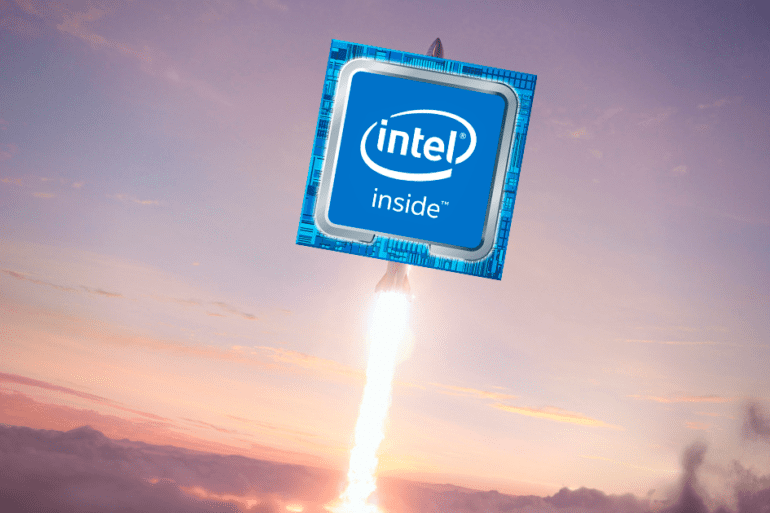TL;DR:
- Intel expects material gains from AI-related spending in the coming year.
- The data-center division has witnessed surprising sales growth.
- Intel aims to catch up with industry leaders in the AI-chip sector.
- Significant AI-driven sales aren’t expected until 2024.
- Inventory reductions in the data-center business are anticipated but trending positively.
Main AI News:
In the realm of technology giants, Intel Corp. stands poised for a year of revitalization, with its data-center division poised to ride the wave of artificial intelligence (AI) spending, potentially providing an unexpected boost to its bottom line.
During his presentation at the Citi Global Technology Conference in New York, Intel’s Chief Financial Officer, David Zinsner, shared insights into the company’s outlook. He emphasized that a noteworthy development for Intel in the past year has been the unexpectedly robust performance of its data-center sales. This impressive rebound follows a challenging quarter, during which the chip manufacturer reported its largest-ever quarterly loss.
Intel, a behemoth in the tech world, finds itself in a strategic quest to regain its competitive edge, having fallen behind industry leaders such as Nvidia Corp. and Advanced Micro Devices Inc., both of which have capitalized on the AI-chip frenzy.
Zinsner pointed out that while Intel has already experienced an upsurge in data-center product sales due to the growing demand for infrastructure capable of handling AI workloads, substantial revenue, defined as sales reaching into the hundreds of millions of dollars, is not anticipated until 2024.
In a statement made earlier in the year, a Wall Street analyst projected a promising future for Intel in the AI sector. Zinsner concurred, stating, “I think that next year we’ll become a material player in this field.” He also acknowledged that it can take several months to fully implement accelerator systems.
Nonetheless, Zinsner offered a word of caution, highlighting that inventory reductions in the data-center business would likely persist for the remainder of the year. “We do expect a quarter-over-quarter decline, but it’s noteworthy that the situation is trending more positively than we initially projected,” remarked the CFO.
Looking ahead, the data-center division appears poised to benefit from a tailwind effect, much like Intel’s PC business is currently experiencing. Zinsner elucidated, “Instead of depleting existing inventory, our customers are now reliant on us for their entire procurement needs.” As we approach 2024, there is a genuine opportunity for Intel to embark on a journey of substantial growth driven by the burgeoning AI sector, as Zinsner concluded.
Conclusion:
Intel’s proactive approach to harnessing the potential of artificial intelligence within its data-center business signifies a promising shift in its competitive stance. While substantial AI-related revenues are not anticipated until 2024, the unexpected data-center sales growth and the company’s focus on this market segment position Intel for a stronger foothold in the AI-chip sector. This strategic move could not only bolster Intel’s market position but also influence the overall dynamics of the tech industry, as it seeks to regain its leadership in the AI-driven future.

